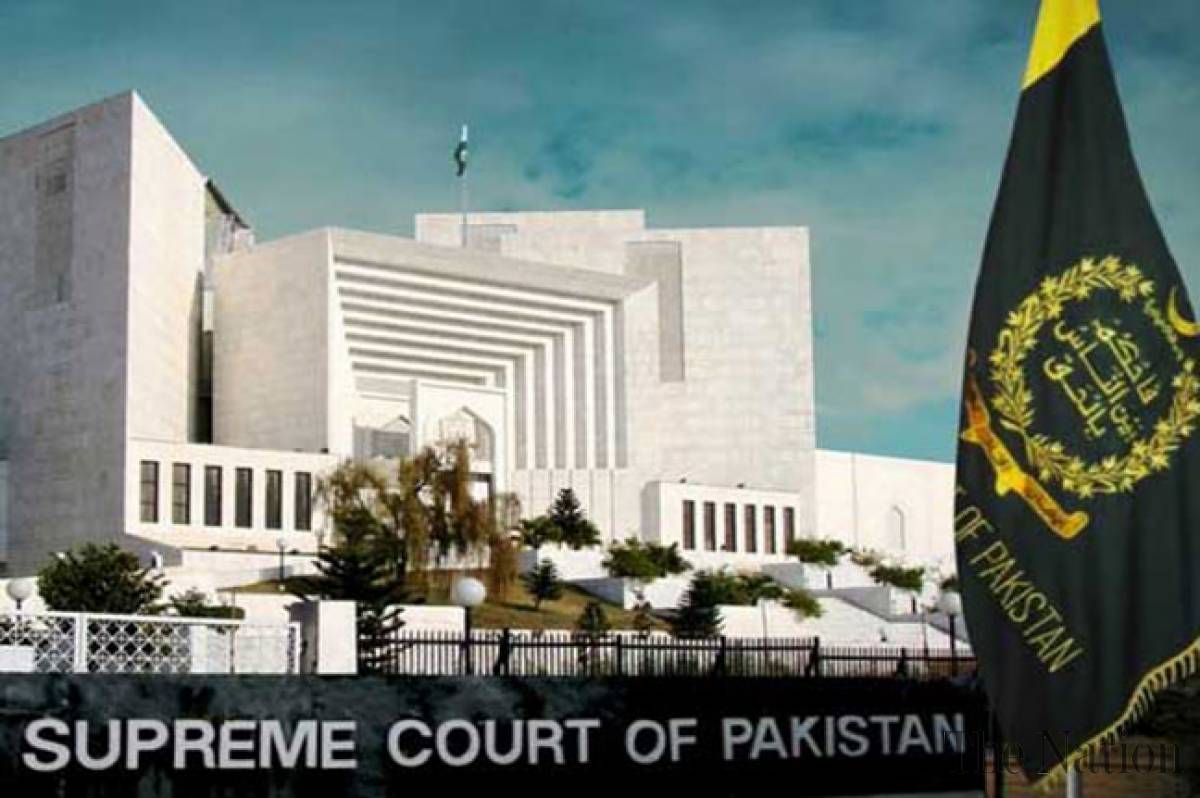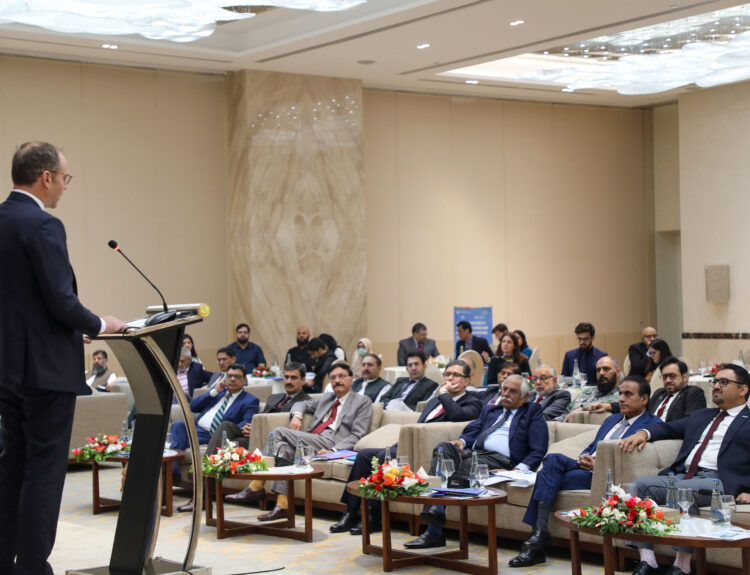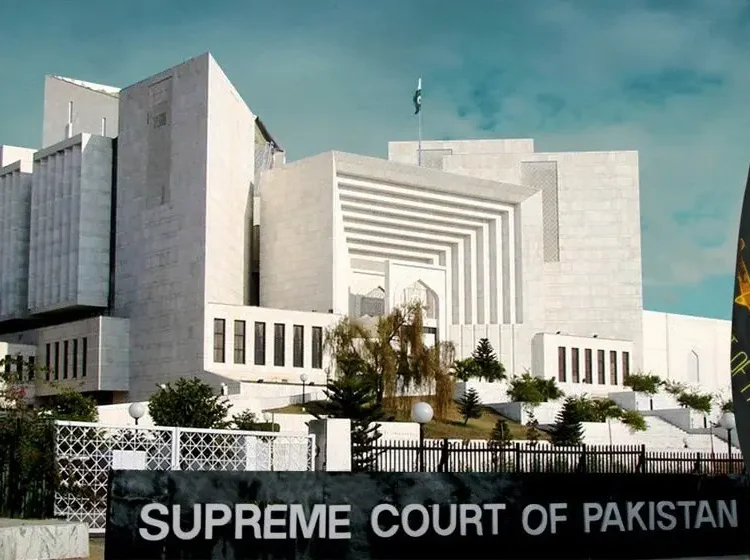Overseas Pakistanis may exercise voting right in upcoming general elections as top court sought progress report form Election Commission of Pakistan in response to Pakistan Tehreek-e-Insaf and Awami Muslim League’ pleas seeking declaration for expats right to vote.
A three-member bench led by Justice Ijazul Ahsan resumed hearing of the pleas that Pakistan Tehreek-e-Insaf (PTI) Chairman Imran Khan and Pakistan Awami Muslim League (AML) founder Sheikh Rashid had filed invoking jurisdiction in the matter.
During adjudication of the case the top court questioned on what grounds an amendment of law of the right to vote of overseas Pakistanis not constitutionally valid?
A member of the bench Justice Muneeb Akhtar observed saying the “Parliament enacted the Election Act in 2017”, adding that “Section 94 of the act regarding the right to vote of overseas Pakistanis is clear.” He further remarked “in 2018, the Supreme Court had declared Section 94 as constitutional.”
“In the year 2021, the law was further improved, in 2022 Parliament was brought back to the old level,”, Justice Muneeb Akhtar added saying, “How can the top court now declare the law to be unconstitutional which was declared constitutional in the past”, ?”
Advocate Arif Chaudhry, counsel for AML chief, submitted that according to NADRA, if the ECP signs an agreement, they can create an I-voting system within a year. He further submitted that during the past, NADRA had sought a year’s time, but in response to the court directives, the system was built in six months.
“No objection was raised on the pilot project in 2017,” added Chaudhary. Sheikh Rashid’s counsel apprised the bench that the electoral watchdog has halted work on the issue of overseas Pakistanis’ right to vote.
“If the ECP takes steps to give the right to vote to overseas Pakistanis, there is no obstacle,” he added. Justice Akhtar then questioned if the amendment of the Election Act has affected basic human rights, adding that “if the Parliament is amending the law, why should the court interfere?”
He also noted that “every enactment of Parliament is a constitutional concept no matter what the courts’ observations are.” “The petition filed for violation of fundamental rights should be clear,” remarked Justice Akhtar. Justice Mazahar Ali Naqvi then directed the petitioners’ counsel to submit an amended application and also directed the electoral watchdog to submit a progress report on voting rights of overseas Pakistanis.
It is pertinent to mention that during last year, the federal cabinet approved an election amendment bill aiming to reverse the PTI-era legislation which had granted voting rights to overseas Pakistanis and made it compulsory to hold elections through electronic voting machines (EVMs), deciding that pilot projects should determine the fate of both the proposals.
The cabinet termed the overseas Pakistanis as a valuable asset of the country saying it was important to include them in the election process. In this regard, it said that the previous government enacted legislation without taking the ECP into confidence.





Just wanna remark that you have a very decent web site, I enjoy the design it really stands out.